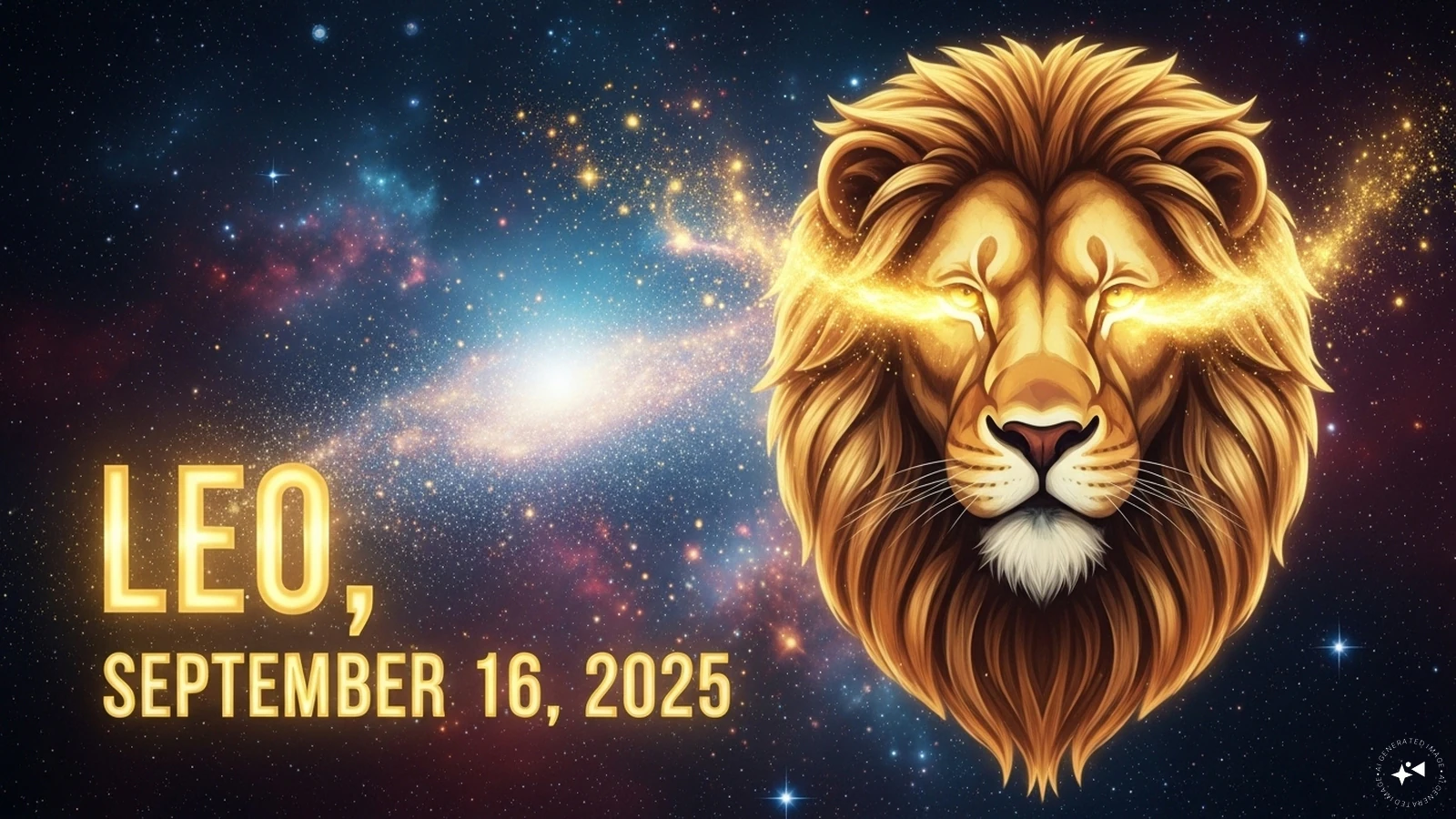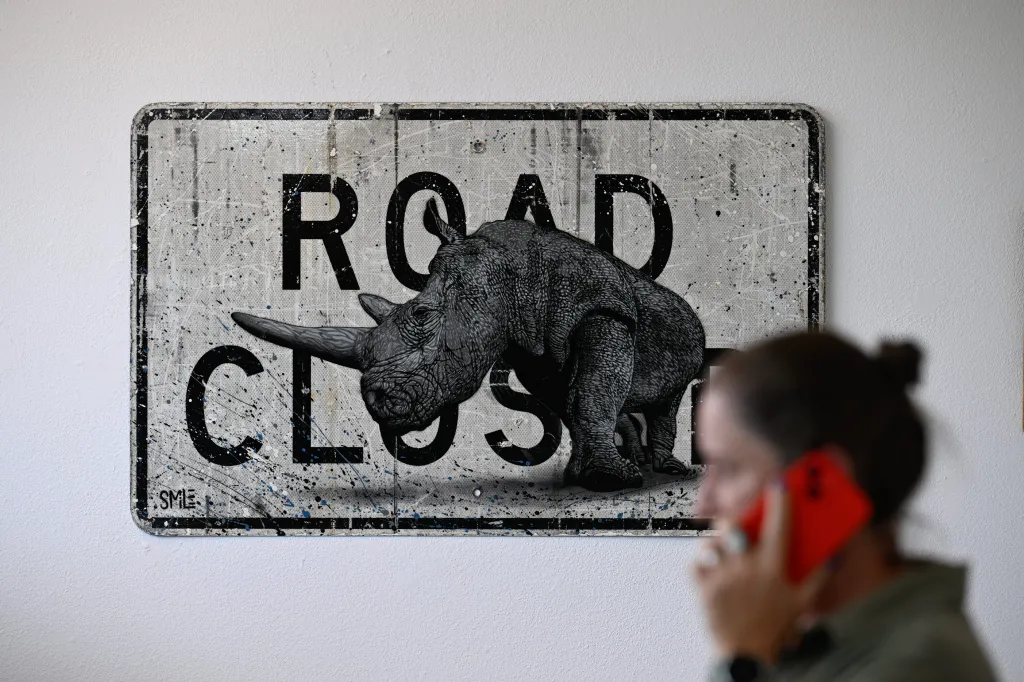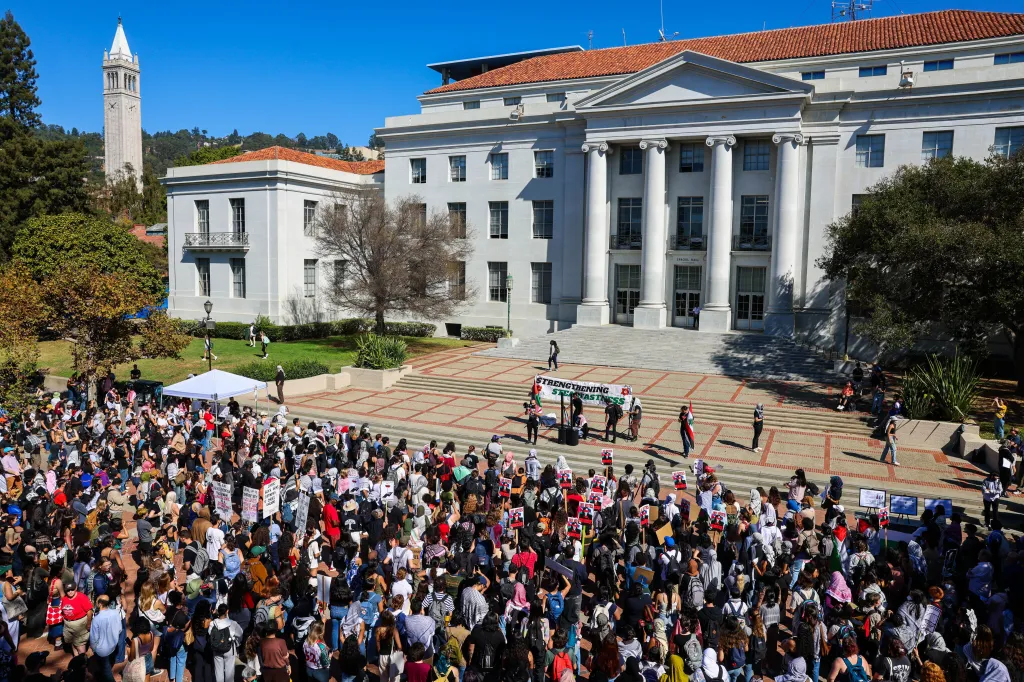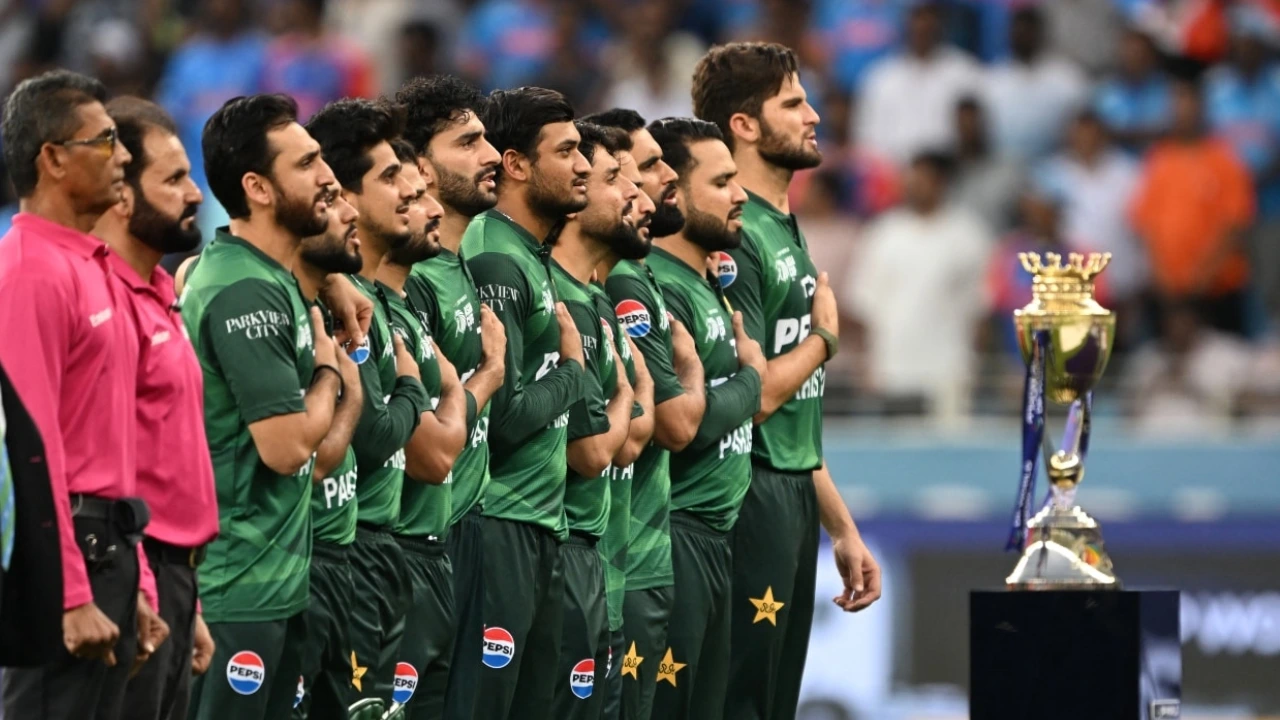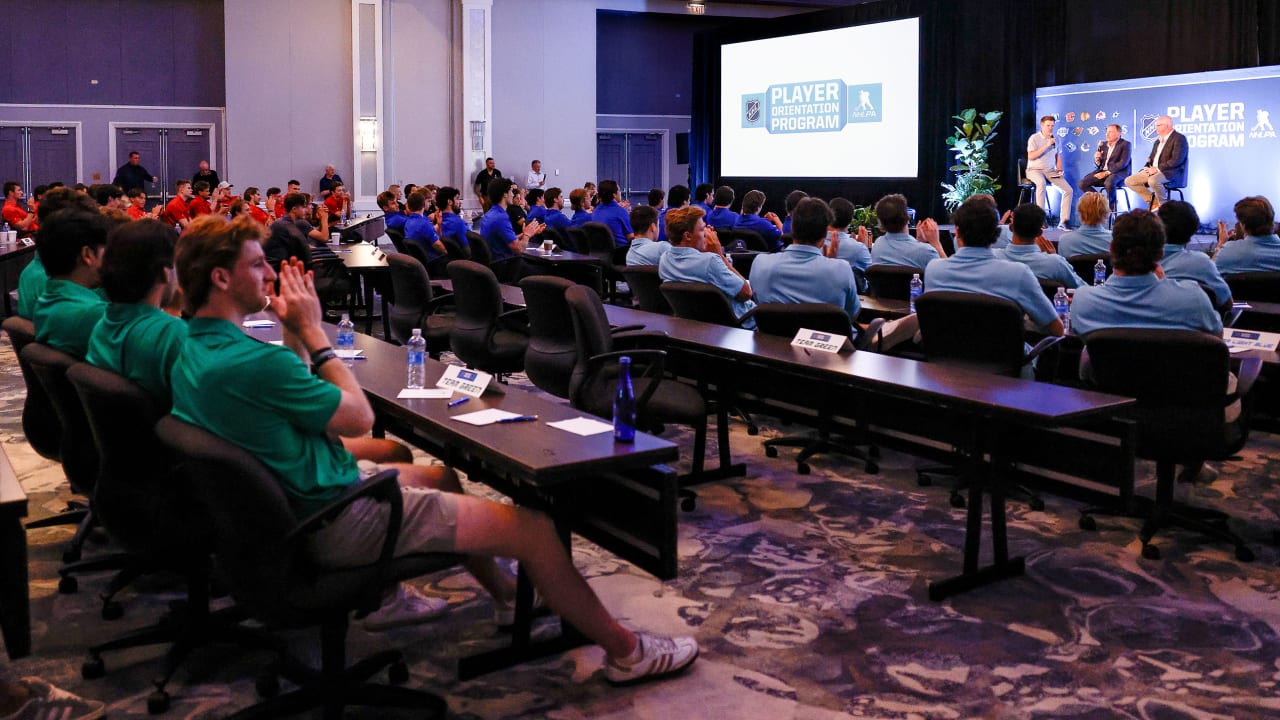
Note: This article originally appeared on the website of the NHL Players’ Association. NHL.com is reproducing the article with the NHLPA’s permission.
Long before the Player Orientation Program became a permanent part of life for rising young National Hockey League players, Sheldon Souray recalled listening to experts talk about substance abuse and other problems he and his teammates might encounter as pro hockey players after being drafted by the New Jersey Devils.
“I’m sitting in the back of the room going, ‘What are they talking about? I don’t have a drinking problem. I don’t have anxiety,” Souray recalled with a rueful grin.
“The old culture was you suffer in silence, right? You’re a rookie, shut up, do what you’re told,” added Souray who played in 758 NHL games. “I guess my point is that I never expected I’d be in this position.”
This position, to be exact, is sitting in the lobby of a resort complex in Virginia hosting the Player Orientation Program, sharing his story of recovery with 85 eager young NHL players and prospects all on the cusp of what they hope will be long and robust NHL careers.
Souray is the key speaker during a series of breakout sessions that explain the inner workings of the Player Assistance Program of the NHLPA and NHL.
Souray is blunt about what his life would look like were it not for the Player Assistance Program.
“I’d be dead,” said Souray who celebrated five years of sobriety in July.
Souray’s journey through the darkest of days here to POP, where he shares his struggles with players, many of whom were not long out of diapers when he retired in 2015, brings him almost full circle both as it relates to hockey and life.
“The program for me has been about just being honest,” Souray said of the Player Assistance Program that has confidentially helped hundreds of players dealing with myriad issues related to addiction, substance abuse and mental health since the program was launched in 1996.
“And this isn’t for everyone,” Souray explained. “This is for one or two or maybe three guys [at the POP] that are having some problems with anxiety, depression, pressure, peer pressure, parents’ pressure, [marital] problems.
“I think it’s just important for them to hear that there’s a place where there’s not judgment,” Souray added. “You’re not going to get judged by your GM, your coach, your parents, your agent. You kind of need a place where you can go and just let some of that out and take some recommendations from the experts.”
If it were just the Player Assistance Program presentation, this event would represent a world of learning and education for the young players in attendance. But this particular breakout session represents just a sliver of the opportunities offered during the nearly three-day POP to help attendees prepare for new pressures as NHL players.
Presenting Knowledge and Experience: Empowering NHL Players with Information to Start Their Careers
From mental, medical and financial health education workshops to guest speakers from NHL security and the NHL’s Department of Player Safety to social media and media training, the touchpoints are many for those players chosen by their teams to attend the POP.
As one player noted, “Oh yeah, it’s busy.”
To understand the importance of the POP to the NHL and NHLPA is to understand the program’s genesis. As another contentious labour dispute between the league and players’ association dragged on through the fall of 2012 and the eve of 2013, the Player Orientation Program, initially known as the Rookie Orientation Program, was the first major piece of common ground agreed upon by the two sides.
“I think both sides agreed that it was time, that the sport had evolved to a point where it was time to create a program for our young players to help them transition,” said NHL Deputy Commissioner Bill Daly.
“It has been remarkable over the years,” added Daly, who has been with the league for almost three decades, two-thirds of that as Deputy Commissioner.
Marty Walsh is attending his third POP since taking over as NHLPA Executive Director. What continues to strike the veteran labor leader and politician is the wide scope of information made available to these young players, many of whom have yet to play a single NHL game.
“I thought it was really a unique, great way for introduction of players into the National Hockey League and opportunities for them to learn about what’s available for them as far as benefits go, finance, networking, sexual harassment and other areas of importance to them,” Walsh said.
“They might not see themselves as famous stars, but in a lot of ways they are. And preparing them for what their career is going to bring is important,” Walsh added.
“Their life’s moving fast, and to have them in one location for a couple of days, have different workshops, get to work with each other, talk to each other, get to know people from the Players’ Association, get to know people from the league, ask questions if they want, have the recreational time that they have here, it’s really important. It’s unique.”
The POP trip is informational based by nature, but it isn’t without its perks.
There are multiple golf courses, tennis, swimming and a lounge with billiards and shuffleboard and, of course, loads of nutritious food for players with an eye on the start of NHL training camps in a couple of weeks. There is team trivia, and many of the breakout sessions feature fun role-playing exercises.
But the program’s sessions all convey critical, potentially life-changing information that requires the full attention of players.
Columbus Blue Jackets netminder Jet Greaves, who wowed fans with his play after a late-season call-up from the American Hockey League last season, was eagerly anticipating what was in store for him at this event.
“It really is just so valuable,” said Greaves, who, at age 24, is among the oldest of participants at this year’s event.
“Early in your careers, there’s so many new experiences. There are good things, there are bad things, and there’s everything in between. So, I think with a program like this, you just learn so much and you meet so many new people,” added Greaves. “I think it’s just a good foundation to build on as you go through your career and have many different experiences.”
Matthew Schaefer celebrated his 18th birthday during the POP. The first overall pick in the 2025 NHL draft by the New York Islanders understands that the door is opening to a brand new world for himself and his colleagues in attendance, that these moments are critical to being ready for what is next.
“It’s been awesome. Obviously, you learn so much,” said Schaefer, who headed straight to the POP from NHLPA Rookie Showcase. “I think the biggest thing you take is just all these meetings and lectures, and you get to chat with people you haven’t met before, ask questions, and just learn so much about the league, and life lessons in general.”
Zeev Buium went from the NCAA hockey tournament to the Stanley Cup Playoffs with the Minnesota Wild last spring, but these few days with his peers are a true stepping stone to his new chapter in life.
“It’s really cool to be able to be a part of something like this. I mean, look at all of us. This was our dream to be in the NHL and hopefully make a team and be a part of this,” Buium said.
“You learn so much here. There’s so many different aspects, and how much they care about you and really want all of us to succeed,” Buium added. “And it’s nice to have the resources and know we can come to them with any questions at any time. And I think they just do a really good job of making us feel comfortable that we can do that.”
Setting a Financial Foundation
One session that resonated with many of the young players in attendance was the one presented by Omaha-based financial advisor Brian Kelly and his partner, Boston-based financial lawyer Steve Kidder.
The pair use a Jeopardy-style competition as a framework for their critical discussion on financial education.
Many of the questions posed during the session are a sobering reminder that being a professional hockey player doesn’t guarantee lifelong wealth.
The players learned that the average career length for the bottom 75% of NHL players is two years. That means if you’re thinking about a strong financial plan in your fourth or fifth year, it’s too late.
Over the eight or nine years he’s been presenting at the POP the level of financial sophistication has risen, Kelly said.
“But there’s still a big gap within the group,” Kelly explained. “So, there’s guys that are very novice to investing and saving and budgeting and all of that stuff and debt. There’s a lot of guys that really are sharp. We get really good questions about pretty in-depth topics.”
Zayne Parekh, the ninth overall NHL Draft pick of the Calgary Flames in 2024, came away from the session already planning a discussion with his family in the Toronto area about putting a financial plan together.
“It’s really informative stuff, stuff that we’re going to need for the rest of our careers. So, I’m glad I’m able to come in and learn even just a little bit about some of this financial stuff here because it’ll benefit me in the long run,” Parekh said.
“I thought a lot of these sessions would be a little boring, but I’m staying pretty engaged, and you have to know this stuff,” Parekh added.
“You need to be prepared for what to do after your hockey career,” added Los Angeles Kings prospect Andre Lee. “To start thinking about that early, so you don’t stand there and think, what am I doing now?”
Shifting the Team Mentality to off the Ice
Jared Maples, formerly a member of the CIA and Homeland Security before joining NHL as executive vice president and chief security officer, challenged players to be aware when it comes to vulnerable positions from outside forces looking to take advantage of their wealth and status. He was especially blunt when it came to gambling and specifically gambling on hockey.
“Do not bet on hockey, that’s the rule,” Maples said. “Don’t do it. Don’t go near it. Don’t have conversations about it.”
Some of the workshops demand a little more introspection, like the session on inclusivity led by former NHL player, and current analyst and NHL Player Inclusion Coalition member, Anthony Stewart.
The Toronto native described growing up in impoverished conditions and an incident of racial taunting at the hands of a teammate when he was a teenager. His teammates didn’t step in during the incident that turned violent.
Stewart left the dressing room vowing he was done with hockey.
He boarded a bus home to the motel his large family was staying in at the time, but on the way he reconsidered. Stewart ended up playing 262 NHL games and was part of two Canadian entries in the World Junior Championships.
“I almost quit the game because of racism,” Stewart said. “I packed my bag and I left.”
Imagine the ripple effect on the game from that decision.
Perhaps equally as meaningful, his decision to stay in the game helped pave the way for his brother, Chris, to play 668 NHL games. The brothers were peers and supporters of other Black players from Toronto, like Wayne Simmonds and Devante Smith-Pelly, the former of whom won the 2018 Mark Messier NHL Leadership Award and the latter won a Stanley Cup with Washington in 2018.
Now, how would the players listening to his story react in a similar situation, Stewart asked the group.
Stewart, also the chair of Hockey Equality and active in other inclusivity programs, presented with fellow NHL PIC members Georges Laraque and Jon Merrill.
Merrill and his wife have been active in the LGBTQ+ community and speaking out about inclusivity in the game. He challenged the players in attendance to be positive role models and voices in their locker rooms and in their communities.
“Allyship requires action,” Merrill explained.
Some of the Sessions are Stark in Their Messaging
Another thought-provoking session focused on the issue of sexual assault and harassment, led by Rickie Houston, the Chief Program Officer for A Call to Men, an organization that meets with groups of men and teens to help end violence against women and girls by helping create a better next generation of manhood.
“I think this is an ideal place for us to be,” said Houston, who has been presenting at the POP for four or five years.
By remaining silent on sexual harassment, men play a role in allowing the problem to persist, Houston explained to the group.
“What if we begin to talk about the subject of men’s violence against women, and as men, we stop remaining silent, but we take interest in the subject as well? What we think is that we can reduce men’s violence against women and girls when we begin to hold other men accountable,” Houston said.
Houston believes these young NHL players embrace their role in affecting change.
“We talk to them, as they’re part of the solution. When we think about influence and platform, they’re playing hockey at the highest level now, getting ready to play professional, and so there are a lot of young kids that look up to them,” said Houston.
“So, they have influence, and so those things they talk about become their platform,” he added. “So, we engage them as, hey, this can become your platform as you engage younger players, as you go back to your hometowns and maybe do a hockey camp, you can talk to young players about this particular subject.”
Shaping the Future From Past Player Experiences
The theme that players are not alone as they embark on this adventure is an important and recurring one.
Players are reminded that as part of the Collective Bargaining Agreement, they are entitled to a second opinion on medical assessment and proposed care provided by their teams. Players were encouraged to talk to veteran teammates and agents about their experiences with certain injuries and related treatments what worked, what didn’t.
Former NHLer Joe Reekie, now an NHLPA Player Representative, recalled how twice he opted against team-suggested surgery and both times he suffered no ill effects. This was long before the second opinion option was enshrined in the CBA.
“We have this in place for you guys, and it’s important,” Reekie said.
“It’s your body, it’s your career,” Reekie added, “ask questions.”
